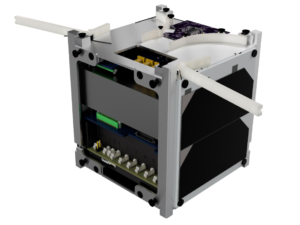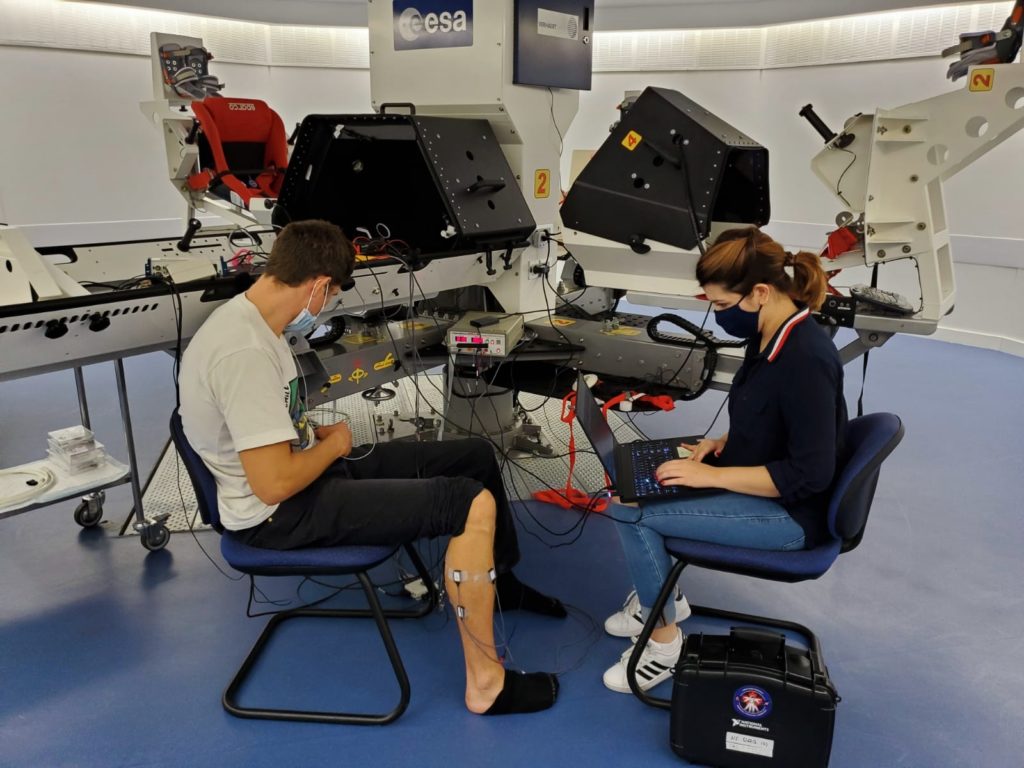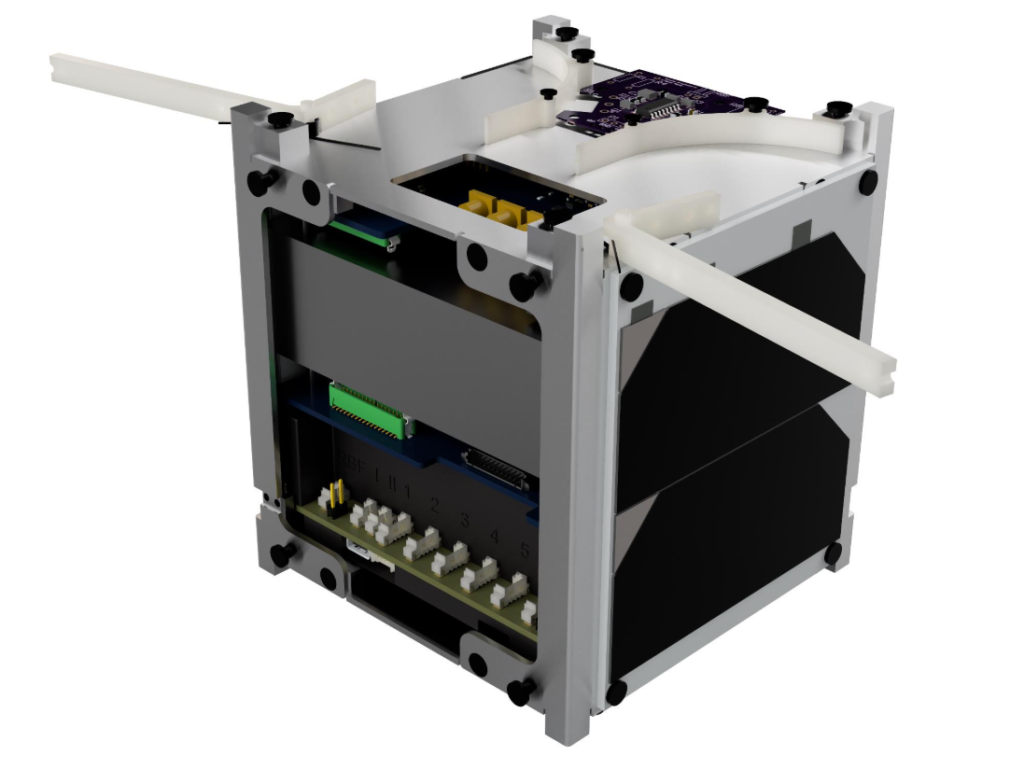A Guest Blog by Donya Naz Divsalar
Donya is a Master of Sciences student at the Aerospace Physiology Laboratory at Simon Fraser University. In the summer of 2020, Donya worked with Mission Control under a Mitacs internship to help design a variant of our Mission Control Software platform for medical applications in spaceflight. Read about her experience below.
As a kid, I read many books and watched lots of sci-fi shows about travelling and choosing a habitat in outer space or on another planet’s surface. The technology, the fascinating descriptions and shots of outer space, and the struggles the main character would come across during their travel, all added so much excitement to the already exciting idea the story revolved around: space travel.
I grew up in a country where choosing a career in aerospace was not an option for women. Before I moved to Canada, I wasn’t even sure I would ever have a chance to pursue a career in anything space-related. As a scientist trained in medical fields, I pursued an undergraduate degree in epidemiology of infectious diseases. After working with some awesome student groups at SFU who build CubeSats, founding SFU Aerospace, and writing multiple papers on astronaut health, I was more curious than ever about designing and building medical payloads for small satellites. Three years later, and now I’m finishing up a Master’s degree in aerospace physiology, a truly “out of this world” journey if you ask me!

My Master’s degree took me through many amazing opportunities, especially many national and international conferences. During one of these conferences, I was connected with the Mission Control team and learnt about their super exciting rover technology. The Mission Control team wanted to get more involved in space health and that was exactly what I was and am working on, so we decided to embark on a collaboration through Mitacs Accelerate Fellowship; a coast-to-coast collaboration filled with new experiences that truly brought people from two very different backgrounds together. After all, that’s the beauty of working in aerospace fields; there are really no boundaries to how much you can learn!
Though I didn’t get to travel to Ottawa because of the Covid-19 pandemic, and despite working remotely, I ended up learning so much more than I had envisioned. I learnt how to do my first design requirements document, test planning, and mission development, all of which are extremely useful in aerospace careers. Aerospace physiology is typically considered a very niche area, but despite that I was learning the skills applicable to practically any technical or scientific job. As graduate students, we sometimes tend to get isolated in research and thesis work, deal with data for days on end, and lose touch with the industry. Working with Mission Control team really opened my eyes to what possible career options I would have post-graduation, and how I can contribute to the Canadian space science by working on awesome space projects. Most importantly, I got to work with very intelligent and cool team members who always supported me and had my back, especially when I was just starting to learn the new skills.

Doing a project-based internship can be intimidating, especially if you’ve only worked in research fields prior to that, but I think that’s what every scientist needs to get involved with to gain further understanding of their field. If you are considering doing an internship in your graduate studies, especially in aerospace, I highly recommend doing so. Our space industry is more multidisciplinary than ever, and there is a need for people from all disciplines to come together and work on humankind’s next journey in space. For the past three years, I have actively worked on creating a multidisciplinary environment for all SFU students to work on aerospace projects, and I would like to thank the Mission Control team for letting me take a big step towards that goal. Aerospace for all!
Biography
Donya obtained her BSc. Honours degree from Simon Fraser University in Health Sciences in 2019 and is currently a Master of Sciences student with Aerospace Physiology Laboratory at SFU. Her undergraduate honours thesis focused on the effects of cosmic radiation on reversal of HIV latency using a CubeSat payload. She is the founder of SFU Aerospace; the second student-run aerospace organization in Canada, and also a winner of 2019 Surrey Board of Trade Top 25 under 25. Besides working on her thesis, Donya spends her time as the science lead of SFU Satellite Design team to bring science and CubeSat technology together by designing unique biological and medical payloads.
Through her graduate studies, Donya focuses on the effects of microgravity on physiological responses in human body. She is studying bedrest as an analog for space to assess physiological deconditioning in astronauts, and centrifugation as a countermeasure for reversing the adverse effects of spaceflight on human body. She is also working with engineering students at SFU on developing biotechnological and biomedical advancements that aim to mitigate the negative physiological effects of long-term space travel.
Follow Donya on Instagram to stay up to date on her future work.


